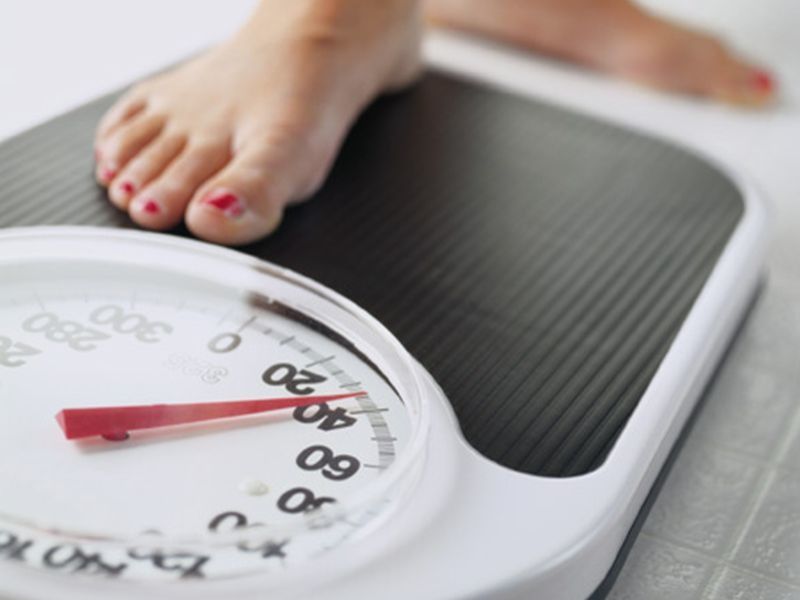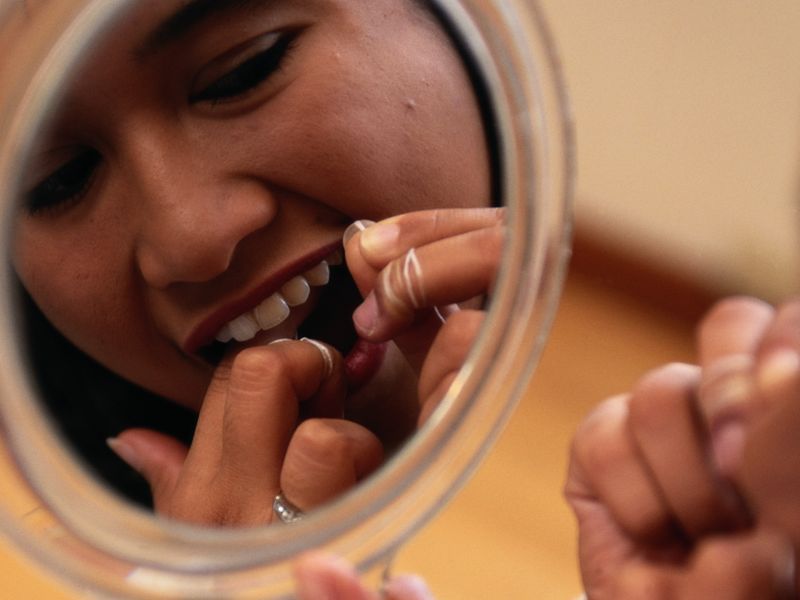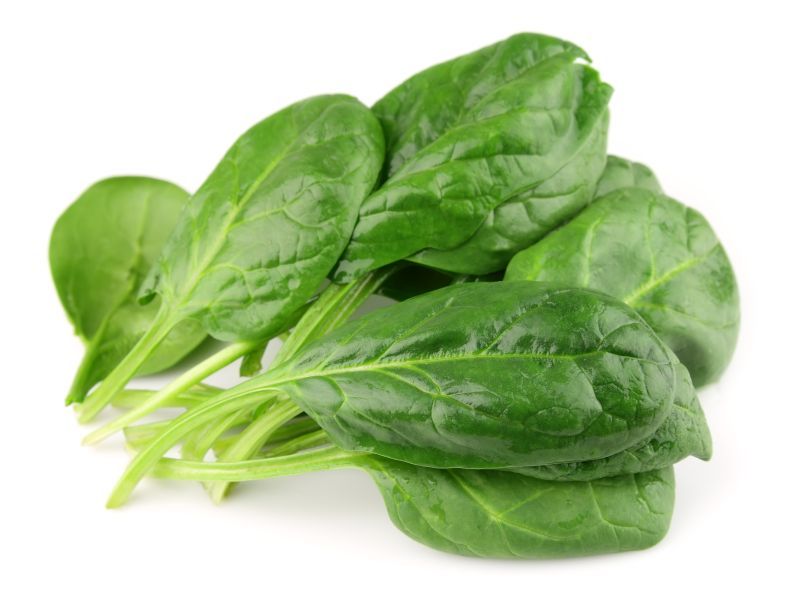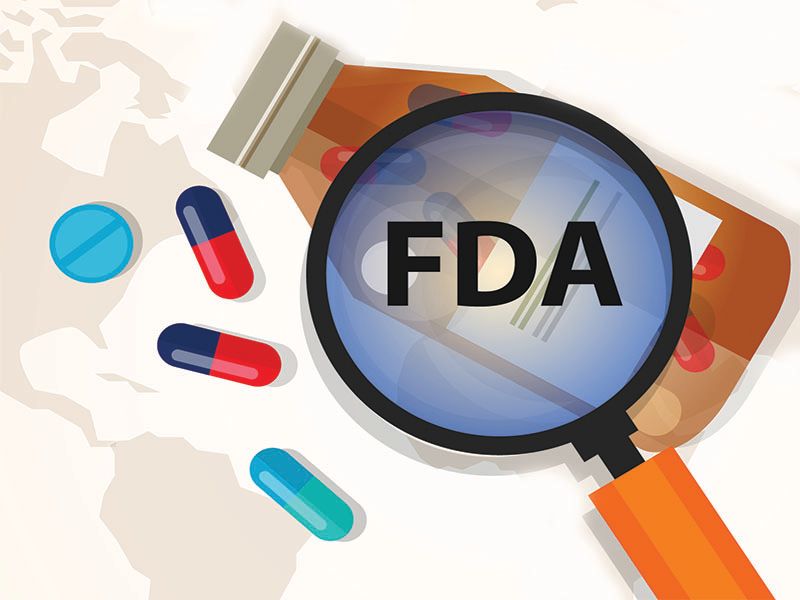
Teens who try marijuana or other drugs are at greater risk of developing a drug addiction than those who wait a few years before experimenting with drugs, a new study finds. “Though not everyone who uses a drug will develop addiction, adolescents may develop addiction to substances faster than young adults,” said study co-lead author… read on > read on >






























